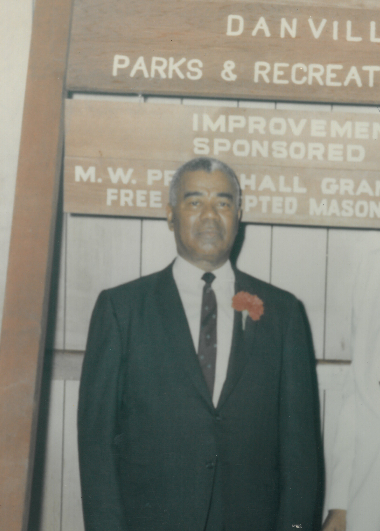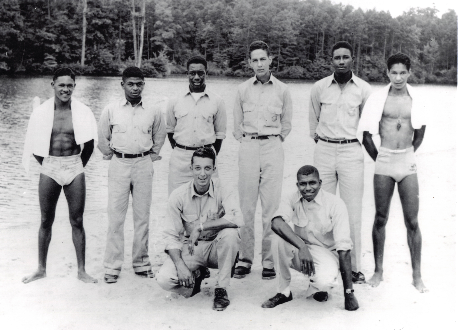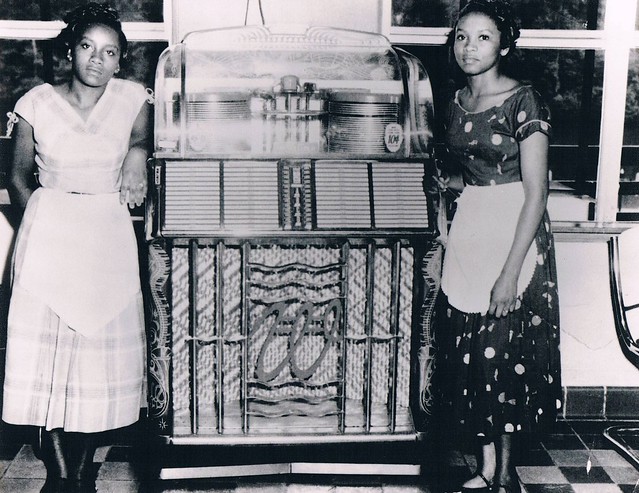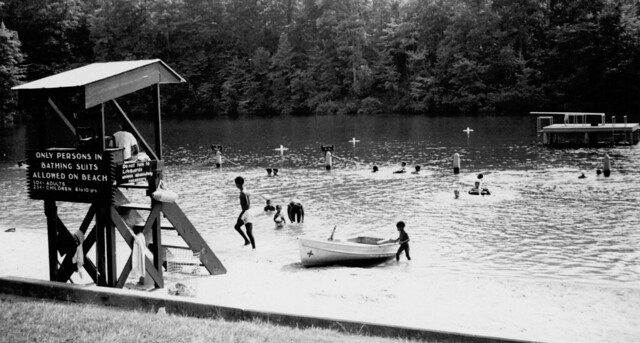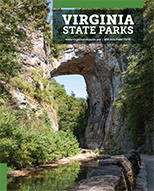Read Our Blogs
In the Interest of Justice
Shared by Breanna Doll - Park Ranger, as Guest Blogger.
If it wasn’t for Maceo Conrad Martin, I wouldn’t live in Prince Edward County. In fact, my whole life, and that of many others, would be very different if it weren’t for Mr. Martin.
You see, I’m a park ranger at Twin Lakes State Park. Countless people have had their first swimming lesson at this park, vacationed here, and even gotten married here… and this park wouldn’t exist if it wasn’t for Mr. Martin.
Mr. Maceo Conrad Martin in his hometown of Danville, Virginia
Born around the turn of the 20th century, it’s likely Mr. Martin didn’t anticipate the impact his life would have on others more than 110 years later, but maybe it’s something he thought about.
Like Rosa Parks, Mr. Martin was a trained civil rights activist. In fact, civil rights activism was a family affair. His father was a founding member of the state’s oldest black-owned financial institution, his younger brother was a civil rights attorney.
In 1948, Mr. Martin travelled to Staunton River State Park knowing he’d be denied entry due to his race. He hired Oliver Hill, one of the partners in his brother’s law firm (who would later become famous for his role in Brown v. Board of Education), and together they brought suit against the state.
The park was a source of employment for many African-Americans
As a result of the case, Prince Edward State Park for Negroes was opened to the public in 1950—a “separate but equal” Virginia State Park for African-Americans.
Dancing to the jukebox is one of many visitors’ fondest memories
People came from all across the mid-Atlantic region to swim, dance, eat, and rent the cabins at “the lake.”
Many people learned to swim in Prince Edward Lake
Despite a few changes (like integration, being renamed Twin Lakes State Park) the place looks pretty much the same as it did in Mr. Martin’s time. People still come here to swim, dance, eat, and rent the original cabins—all thanks to Mr. Maceo Conrad Martin.
Editor's Note: If you would like to learn more about Twin Lakes State Park, click here. For more information about the history of Virginia State Parks, here.
If you have read the article and have a question, please email nancy.heltman@dcr.virginia.gov.
Search for blogs
By Park
Categories
Cabins
Camping
Fishing
History and Culture
Other
Programs and Events
Trails
Volunteers
Water Fun
Archive
2025
2024
2023
2022
2021
2020
2019
2018
2017
2016
2015
2014
2012

